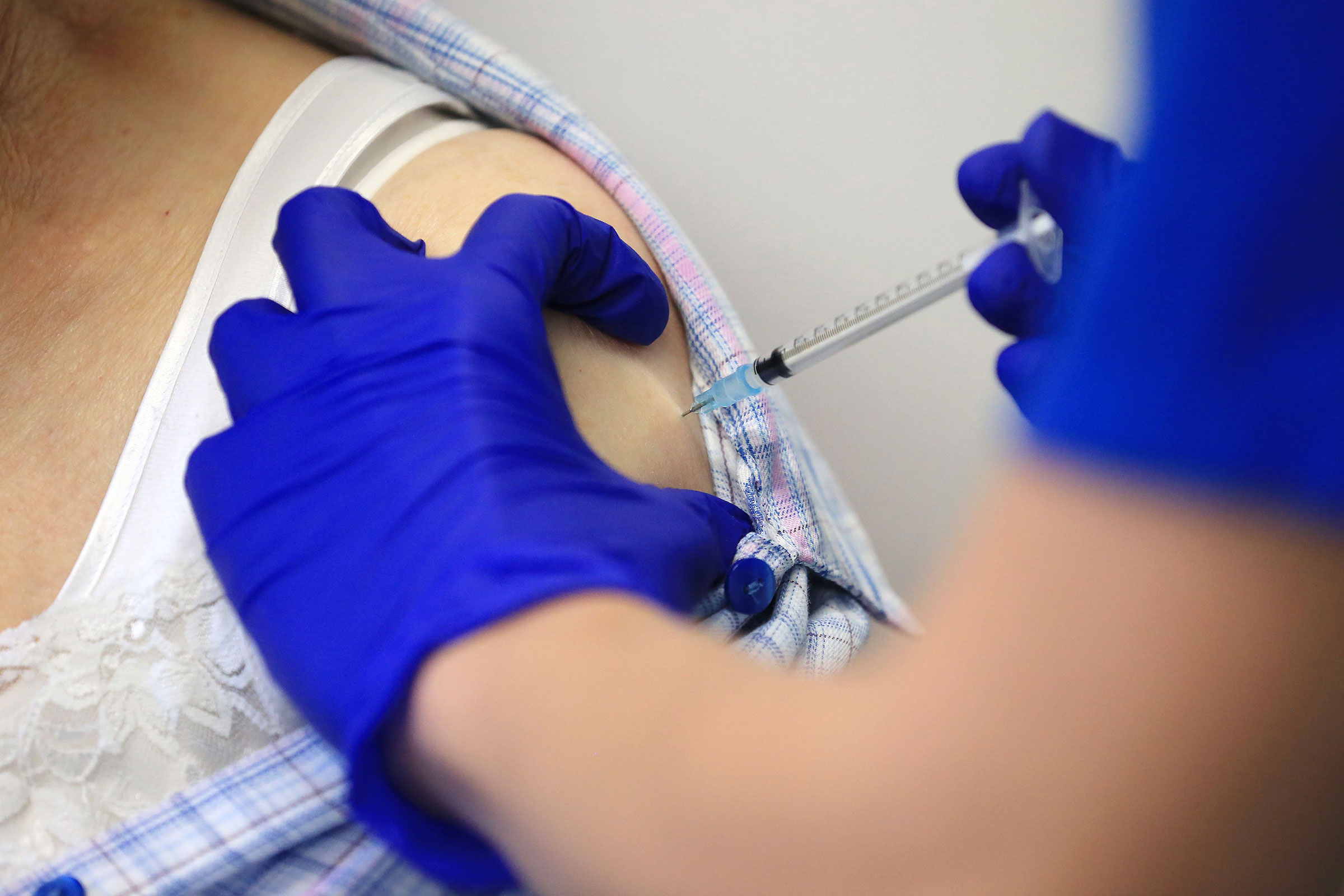
Britain aims to complete “tens of millions” of Covid-19 vaccinations in the next three months, UK Prime Minister Boris Johnson said on Sunday.
Speaking to the BBC, Johnson said: “We do hope that we will be able to do tens of millions [of Covid-19 vaccines] in the next three months, I can certainly give you that figure,” he added.
Johnson said this strategy relied on three vaccines, the Pfizer/BioNTech vaccine and Oxford/AstraZeneca vaccines – which have both been approved in the UK – and the Moderna vaccine which would be ready to use “soon.”
The Prime Minister, echoing what he said in October last year, said: “I thought by the spring things would be better. I stick to that.”
Asked about the number of doses from the Oxford/AstraZeneca Covid-19 vaccine, which was approved by UK regulators on Wednesday, Johnson said 530,000 doses would be ready to be inoculated on Monday, on top of “the million or so” Pfizer/BioNTechCovid-19 vaccine already distributed.
Earlier on Sunday, UK Health Secretary Matt Hancock said on Twitter that the country had administered 1 million Pfizer/BioNTech Covid-19 vaccines, saying “the end is in sight.”
UK revises vaccine guidance: Last week, the UK’s chief medical officers issued revised advice on the recommended interval period between vaccine doses for the coronavirus vaccine developed by Pfizer and BioNTech.
While UK regulators had previously recommended that a second dose of the Pfizer/BioNTech vaccine be given three weeks after the first dose, the UK medical officers this week advised that it may be given between 3 to 12 weeks following the first dose. Similarly, the second dose of the newly UK-authorized Oxford/AstraZeneca vaccine may be given 4 to 12 weeks following the first, according to the recommendations.
In a letter to healthcare professionals, the chief medical officers defended their decision to extend the interval period for patients waiting to receive their second dose of the Pfizer/BioNTech vaccine, saying Thursday that the decision was taken based on their assessed balance of risks and benefits.
The British Medical Association said the move was is “grossly unfair” to thousands of at risk-patients across the country.
Pfizer says it does not have data to demonstrate that just a single dose of its Covid-19 vaccine would provide protection against the disease after more than 21 days.
World - Latest - Google News
January 04, 2021 at 03:51AM
https://ift.tt/2X7OKpm
The latest on the coronavirus pandemic and vaccines: Live updates - CNN
World - Latest - Google News
https://ift.tt/2SeTG7d
Bagikan Berita Ini














0 Response to "The latest on the coronavirus pandemic and vaccines: Live updates - CNN"
Post a Comment